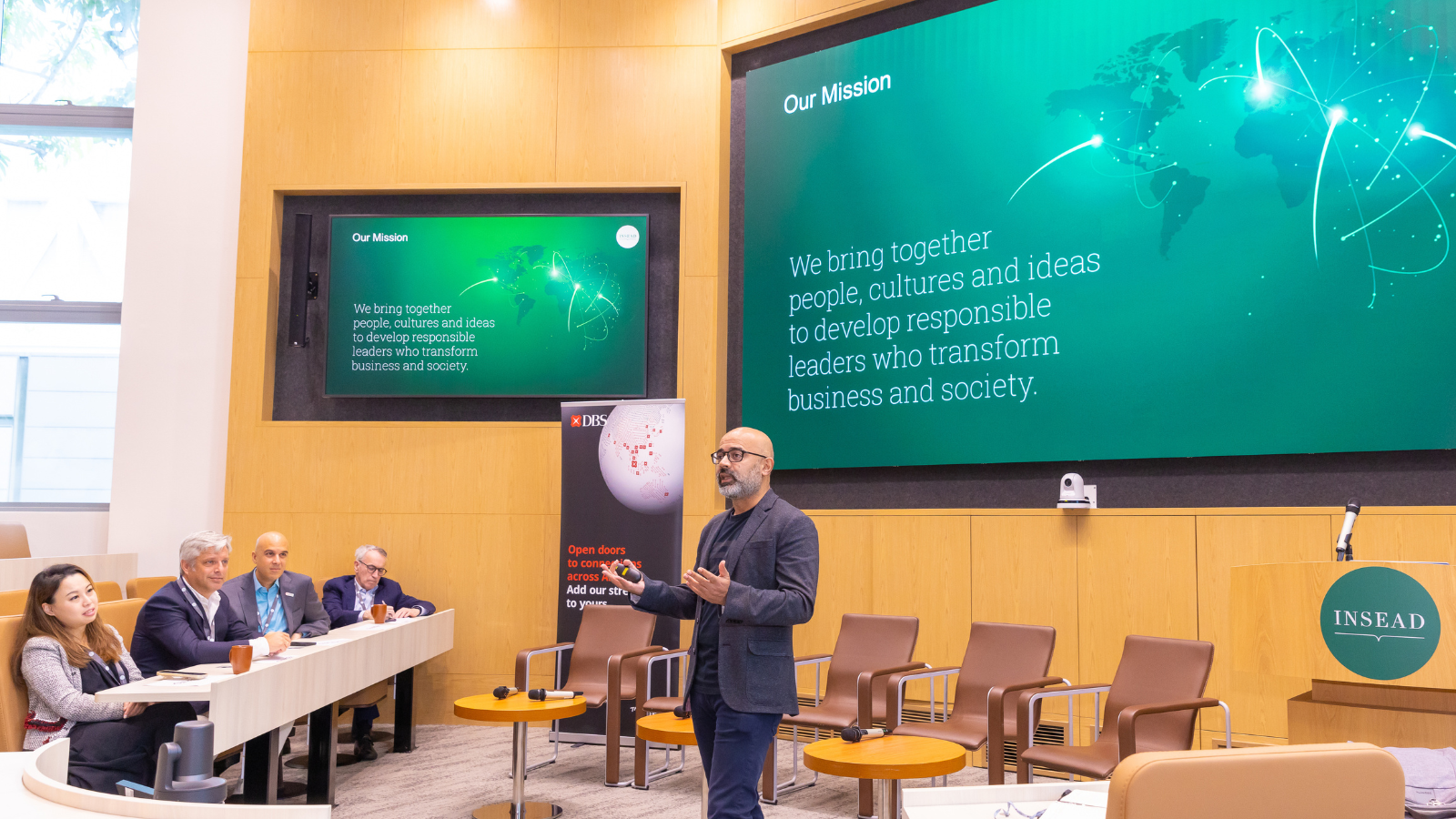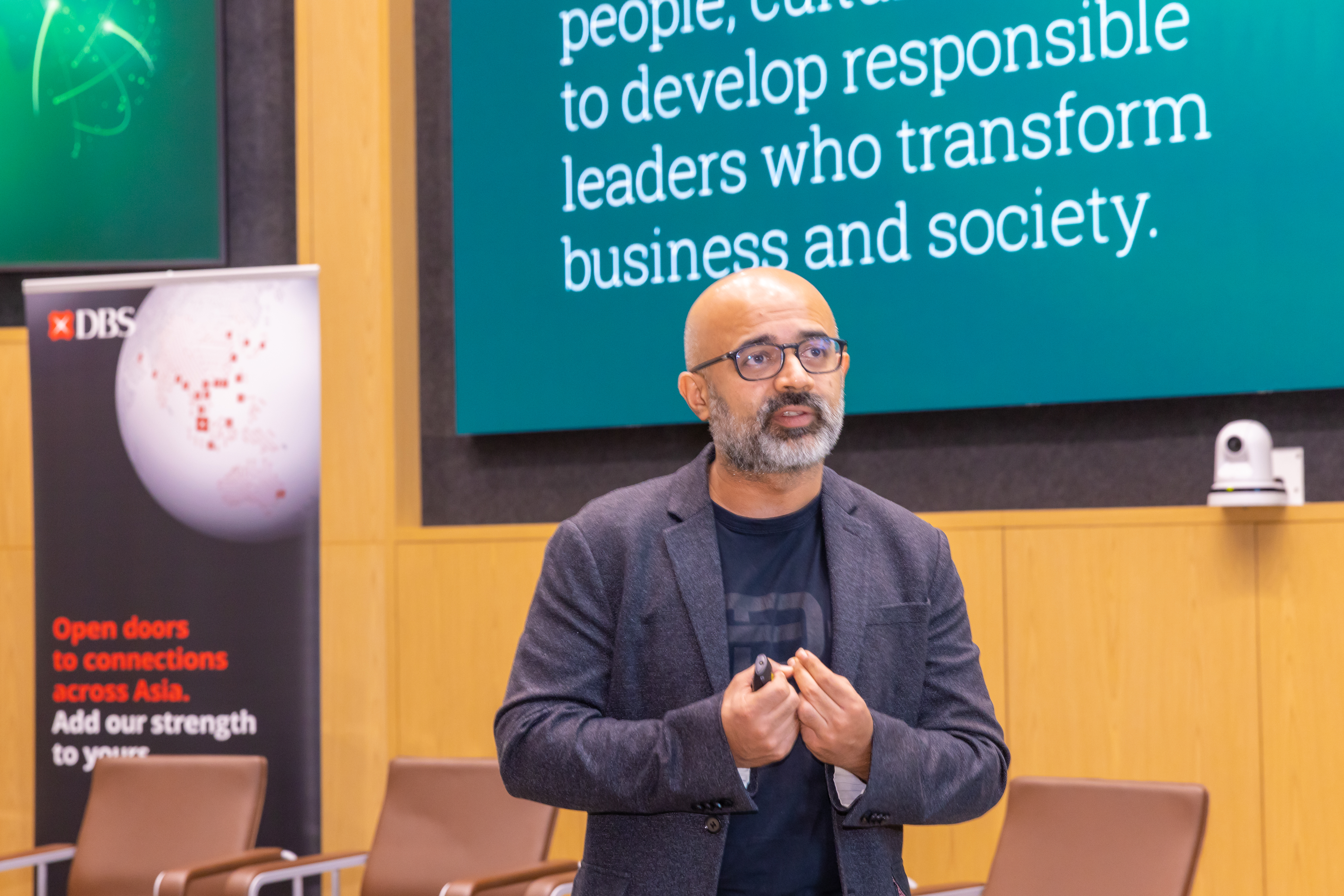
Education Symposium: Empowering Asia’s Rise – a Resounding Success
On November 22, 2024, the INSEAD Education Symposium brought together thought leaders, educators, and industry professionals to discuss strategies and trends shaping the future of education across Asia.
The event provided a platform for insightful discussions, innovative ideas, and collaborative thinking, aligning with the overarching theme of "Strategic Perspectives for 21st Century Education”
Key takeaways
Highlights
The symposium was proudly supported by DBS, the Official Banking Partner, whose sponsorship played a pivotal role in enhancing the event's success. DBS showcased its expertise in providing tailored financial solutions to educational institutions, addressing challenges like cross-border transactions and diverse regulatory landscapes, and aligning investor expectations with institutional missions.
DBS' commitment to fostering innovation in education underscored the event's theme of empowering learning in a rapidly evolving world.
The symposium opened with an inspiring speech by Prof. Sameer Hasija, Dean of Executive Education and Asia Campus at INSEAD. He highlighted the transformative role of technology in reshaping education, including the integration of AI for personalised learning and the use of immersive experiences for leadership training.
Prof. Hasija also emphasised INSEAD's global reach and its mission to address global educational challenges through innovation.

Engaging booths added a dynamic dimension to the event, creating an educational playground where attendees could experience innovative products alongside ideas. Highlights included Noodle Factory, an AI-powered teaching assistant platform enabling educators to create customised AI tutors for tutoring, mentoring, and feedback, seamlessly integrated with curated content and already enhancing learning outcomes in INSEAD’s MIM and MBA courses.
The INSEAD XR Immersive Experience showcased the world’s most extensive immersive learning library, offering cost-effective, personalized, and data-driven solutions for leadership and executive training, demonstrating how immersive technology is revolutionising classroom learning and management education.
Conclusion
The INSEAD Education Symposium was a platform for reimagining the future of education in Asia. By bringing together diverse perspectives from educators, business leaders, and investors, the event fostered meaningful discussions on transforming learning systems to meet the demands of the 21st century.
Through innovation, collaboration, and a focus on inclusivity, the symposium charted a path for actionable solutions and long-term impact—empowering participants to drive meaningful change and shape the future of education.






